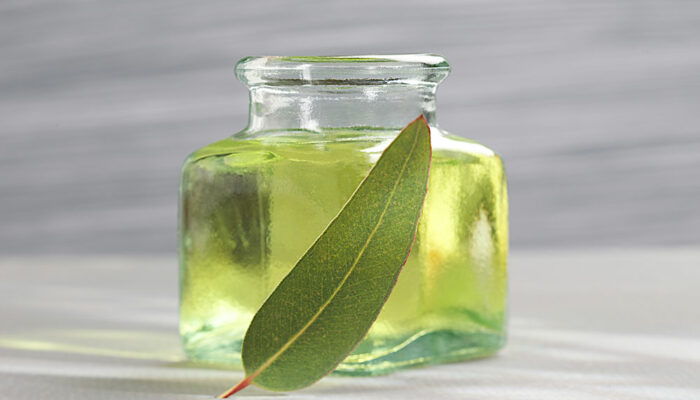
Foods that Help Battle Bipolar Depression
Bipolar depression is one of the most common conditions. It affects the brain cells and causes alternate phases of manic and depression. Each of the phases can last up to days, weeks, or months. Though it can be managed, bipolar depression can not be cured completely. It requires medical guidance and strict family supervision. Sometimes during extreme cases, it often becomes hard to cope up with but can be overcome with proper treatment. Although medicine is mandatory, consuming some bipolar depression foods can work wonders in keeping it at bay.
Foods that help manage bipolar depression can include:
- Green tea
- Probiotic yogurt
- Blueberries, raspberries, strawberries
- Fish and meat – Salmon and chicken are highly recommended because of the nutrients present in them.
- Fruits, especially bananas
- Nuts
- Spinach
- Whole-grain foods like bread and pasta
Bipolar depression foods can be categorized under several heads to understand the requirement better. These are to be included in the regular diet throughout the whole week and not gulped down at a one-time meal.
1. Foods rich in vitamins
Foods with vitamins B and D are highly recommended for bipolar depression. Vitamin B complex like folic acid, vitamin B12 and B6 help in stimulating the release of chemicals which are responsible for uplifting moods. These are available if shellfish, eggs, yogurt, leafy vegetables, and poultry. Besides, vitamin D helps in boosting one’s mood and should be taken in required amounts for better brain performance. This is mostly available in dairy products. This is also the reason why people are advised to consume milk regularly.
2. Fiber-rich foods
Fruits are veggies are high in fiber content, and thus, apples and green leafy vegetables are highly recommended as bipolar depression foods. Besides, one should consume brown rice, beans, and oats. Apart from apples, one should consume bananas and berries as well.
3. Protein and carbohydrate-rich foods
Food rich in protein sources are considered the best. Besides, one should also contain a sufficient amount of carbohydrates in their regular diet to meet the body’s needs and demands. Thus, people are advised to consume high amounts of eggs, meat, fish, low-fat yogurt or cheese or milk.
4. Fatty acids
Omega-3 fatty acids help combat bipolar depression. These are available in high quantities in nuts like almonds and walnuts, flax seeds and fish like salmon.
Bipolar depression foods help to a great extent in keeping the condition at bay or in controlling the worst. However, it is important to consume fresh foods only. Along with the regular intake of foods, one should stop the consumption of alcohol and caffeine. These alter the brain cells and result in mood swings and disturbed thoughts, leading to more depression phases.



